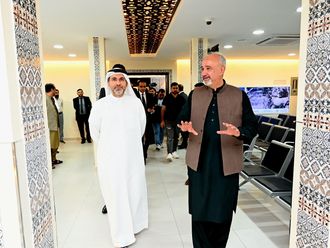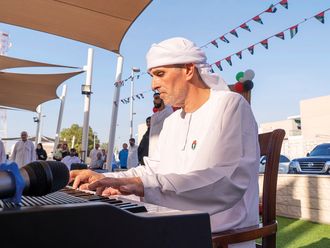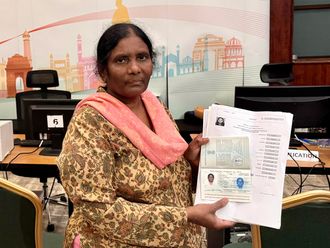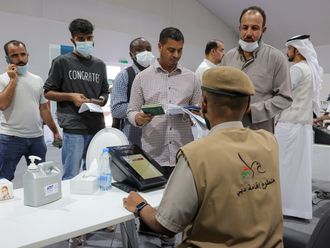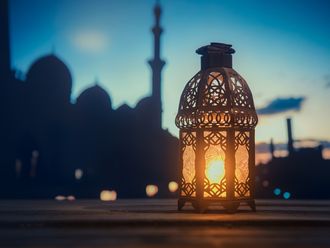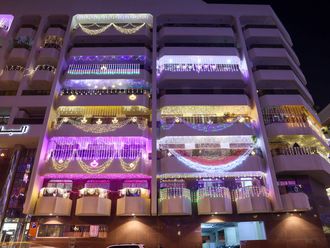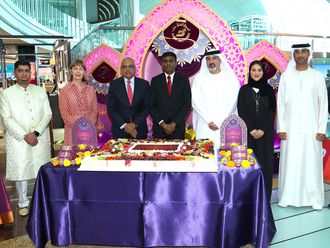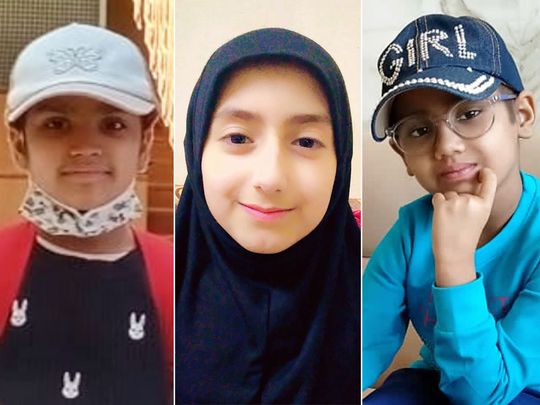
Abu Dhabi: UAE-based Zolikha was just three months old when she was diagnosed with Thalassemia, an inherited blood disorder caused when the body doesn’t make enough of haemoglobin.
For her family, faced with financial constraints, the prospect of arranging regular blood transfusions, necessary to treat Thalassaemia patients, seemed daunting.
Zolikha’s father Rasool Jan said, “When my daughter was born, she was very beautiful. But soon, her skin tone started changing, and we knew something was wrong. After multiple tests, the diagnosis of Thalassemia was devastating. She was surviving on blood transfusions, but we were desperate for a long-term solution.”
During her blood transfusions, Zolikha confronted another challenge – the need for oral medications to regulate and remove the surplus iron introduced by the transfusions.
Hope springs eternal
But luckily for her, hope emerged in the form of a Bone Marrow Transplant (BMT) at Burjeel Medical City (BMC) under the guidance of Dr. Zainul Aabideen, Consultant & Head of Pediatric Hematology, Oncology.
Today, Zolikha, who is eight, is not only thriving but is determined to don the white coat herself to cure others.
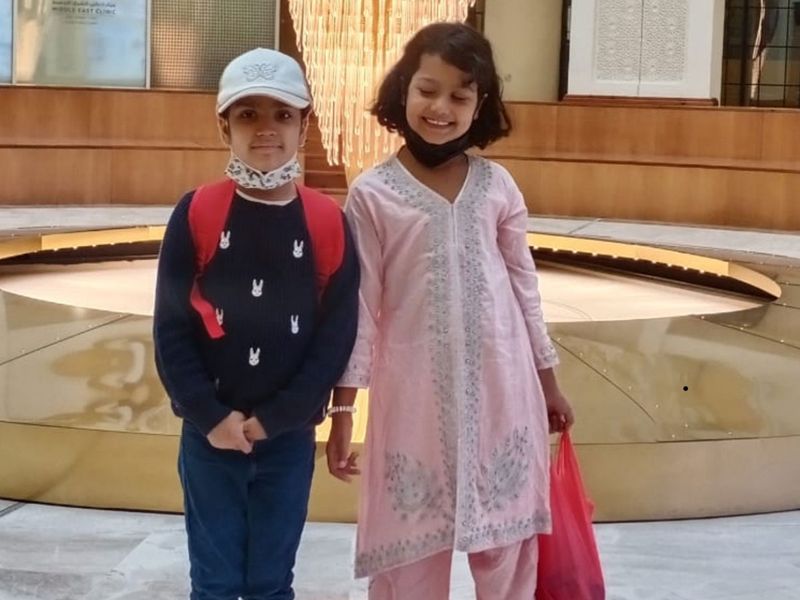
“We were fortunate that Zolikha’s sister was a 100 per cent match as a donor. I extend my heartfelt gratitude to the UAE leadership and Red Crescent for their support,” said Rasool, hopeful that Zolikha’s dreams turn into a reality.
“Thalassemia is a genetically inherited blood disorder where the body produces haemoglobin in abnormal quantity, affecting the red blood cells and causing anaemia. The only cure option for Thalassemia is BMT. Prior to this procedure, there would have been immense suffering for the child,” said Dr. Aabideen. According to the doctor, there are two types of thalassemia – major and minor. A person diagnosed with Thalassemia major requires regular treatment, while those suffering from Thalassemia minor do not require treatment but can transmit the disease to the next generation.
Inspired to heal others
Another student, Maryam, is also clear that she wants to pursue a career in medicine after her own battle with Thalassemia.
Despite being diagnosed when she was one, Maryam’s condition has not defined her. Her parents had noticed her growing fatigue, prompting repeated medical tests that confirmed Thalassemia. Despite the challenges, Maryam underwent a life-changing BMT, receiving bone marrow from her mother, Fareeda. Today, she is a student studying in Class V in Abu Dhabi. “I aspire to be a doctor to spread smiles across other children like me, exactly as how my doctors did with me,” said Maryam.
A third student with Thalassemia, also diagnosed at the age of one, Anabia Ikram Jamal’s journey has also been inspiring.
Parents as carriers
Her mother Ambreem Akhtar said, “We as parents were unaware of our Thalassemia carriership until Anabia began to suffer at 16 months. Our hearts broke each time she endured needles for blood tests and transfusions. She couldn’t experience a normal childhood.”
The parents were aware of BMT as a cure and searched tirelessly for a full-match donor. However, they couldn’t find one.
Meanwhile, Dr. Sagar Mohan Nivargi, Specialist in the Department of Pediatrics BMT at BMC, guided them to consider a half-matched donor, reigniting their optimism.
Anabia underwent a life-transforming half-matched BMT with the half-matched donor, who happened to be her own father. This was a first for Thalassemia in the UAE.
As Anabia eagerly awaits the doctor’s clearance to begin her academic journey, her parents wish to teach her medicine as they realise the value of right treatment.
Did you know?
May 8 is observed as World Thalassemia Day. This year, the theme for the red-letter day is ‘Equitable and Accessible Thalassemia Treatment for All’.
Approximately 300 million people globally carry the “Thalassemia trait”, placing them at risk of having children affected by some form of Thalassemia. Over one million individuals live with non-transfusion-dependent Thalassemia, and more than 100,000 have transfusion-dependent Thalassemia globally.
_resources1_16a08544a3b_original-ratio.jpg)
“Thalassemia symptoms often manifest before a child’s first birthday. Until children undergo the BMT procedure, their lives can be sustained through regular blood transfusions. However, this treatment poses its own challenge – the accumulation of iron in the body,” said Dr. Sagar.
If unmonitored and untreated, the most severe types of Thalessemia can cause serious organ damage and be life threatening.
“Thalassemia prevention can be achieved by abstaining from intra-family marriages if there’s a known familial history, or by conducting genetic testing for both parents to assess carrier status. Going beyond these measures, the UAE leadership has instituted premarital carrier screening, a proactive step to identify carriers before marriage,” said Dr. Sagar.


